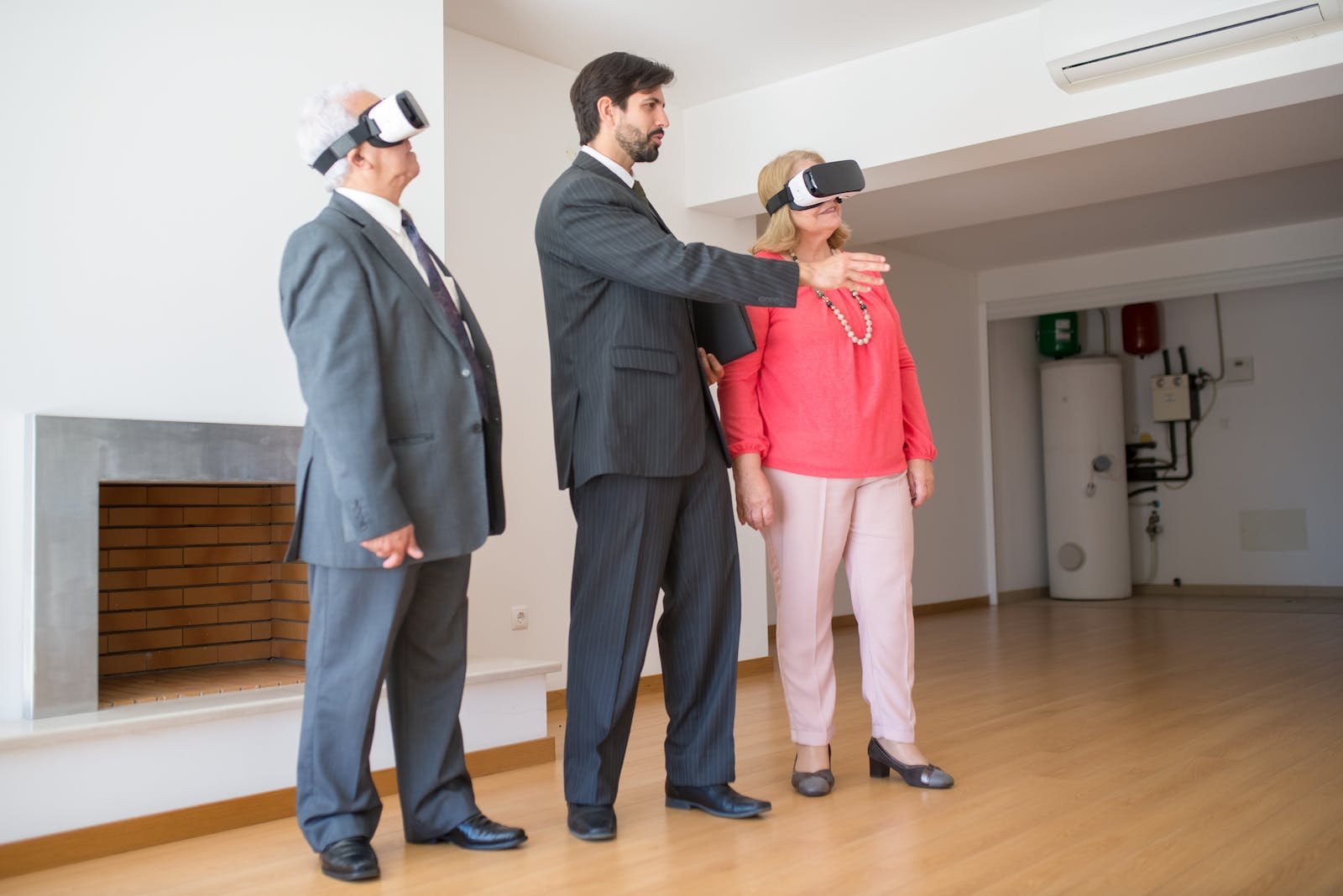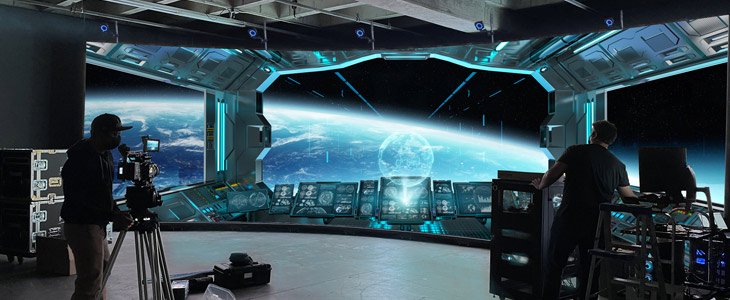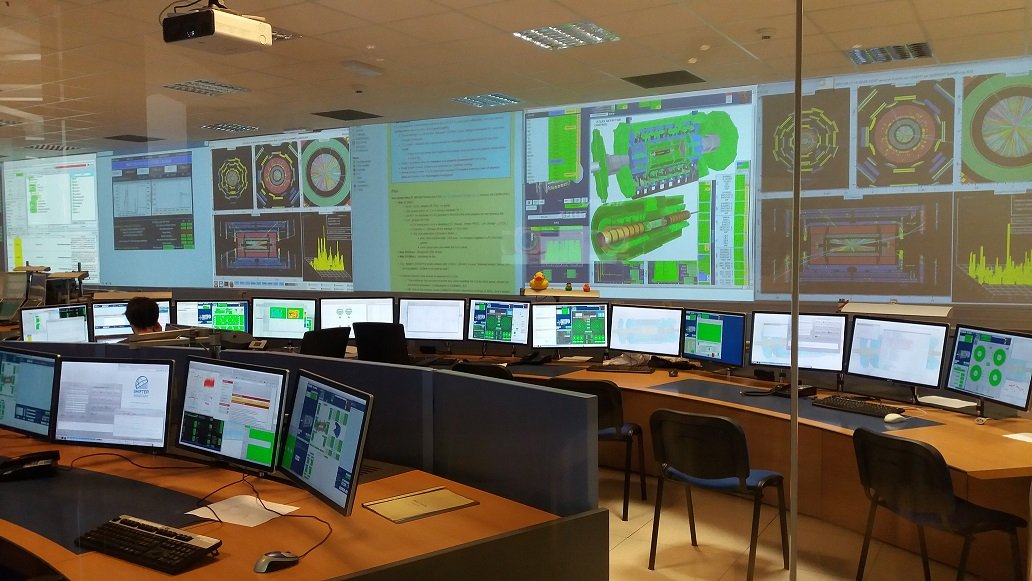A VR arcade is a physical location or facility where people can go to experience virtual reality (VR) technology and play VR games. Unlike traditional arcades that feature classic video games and pinball machines, VR arcades provide an immersive and interactive gaming experience using virtual reality headsets and other VR equipment.
In a VR arcade, players typically wear VR headsets that track their head movements and provide a 360-degree view of a virtual world. They may also use handheld controllers or other motion-tracking devices to interact with the virtual environment and manipulate objects within the game.
VR arcades offer a wide range of VR experiences, including multiplayer games, immersive simulations, virtual tours, and even educational or training applications. The games and experiences available can vary from arcade to arcade, but they often include popular genres like action, adventure, sports, puzzle, and horror.
Visiting a VR arcade allows individuals to try out VR technology without the need for expensive equipment or setups at home. It also provides a social aspect, as friends or strangers can join in multiplayer experiences and compete or collaborate in virtual worlds. VR arcades have gained popularity as a form of entertainment and a unique way to experience gaming and virtual reality technology.
There are a few reasons why starting a VR arcade could be a viable venture:
- Growing Demand: Virtual reality technology has gained significant traction in recent years, with increasing interest from both gamers and the general public. The demand for immersive and interactive gaming experiences continues to rise, making VR arcades an attractive option for entertainment.
- Unique Experience: VR arcades offer a distinct and immersive experience that cannot be replicated at home. Many people are eager to try VR but may not have the necessary equipment or space. By providing a dedicated space and high-quality VR equipment, you can offer customers an exceptional experience they cannot easily access elsewhere.
- Social Interaction: VR arcades provide a social environment where friends, families, or even strangers can gather to enjoy multiplayer VR games and experiences together. This social aspect adds value to the arcade experience and can attract groups looking for shared entertainment.
- Broad Customer Base: VR appeals to a wide range of demographics, including gamers, technology enthusiasts, families, and even corporate groups. This broad customer base allows you to target various market segments and attract a diverse audience.
- Additional Revenue Streams: In addition to charging customers for VR gaming sessions, you can explore other revenue streams such as hosting VR tournaments, selling merchandise related to VR or gaming, offering VR birthday party packages, or partnering with local businesses for corporate team-building events.
- Evolving Technology: VR technology is continually evolving and improving. Staying up to date with the latest advancements in VR hardware and software can provide a competitive edge, attracting tech-savvy customers who are excited to try the newest VR experiences.
- Franchise Opportunities: If starting a VR arcade from scratch seems daunting, there are franchise opportunities available in the VR arcade industry. Joining a reputable VR arcade franchise can provide you with established branding, support, and a proven business model.







